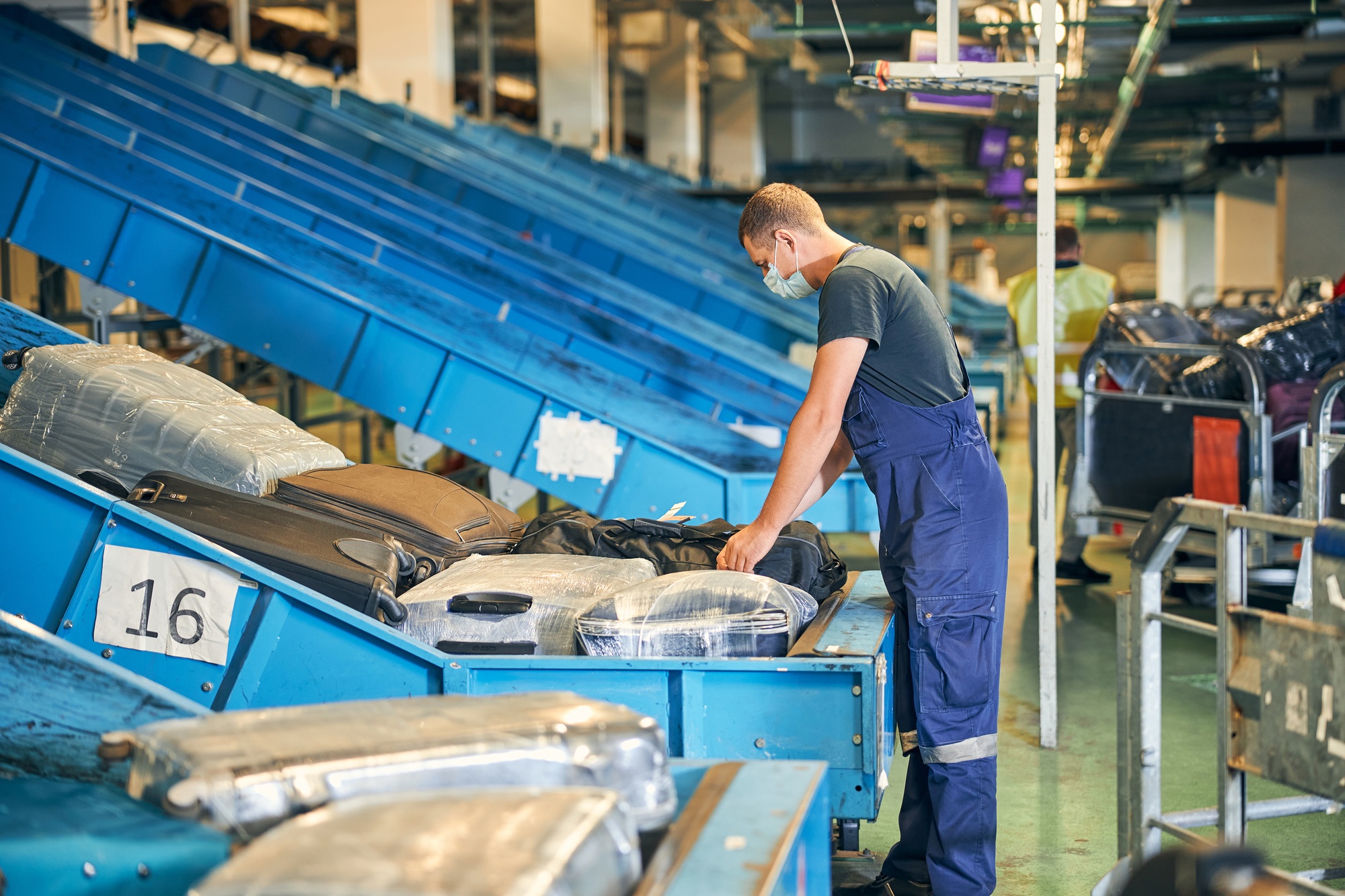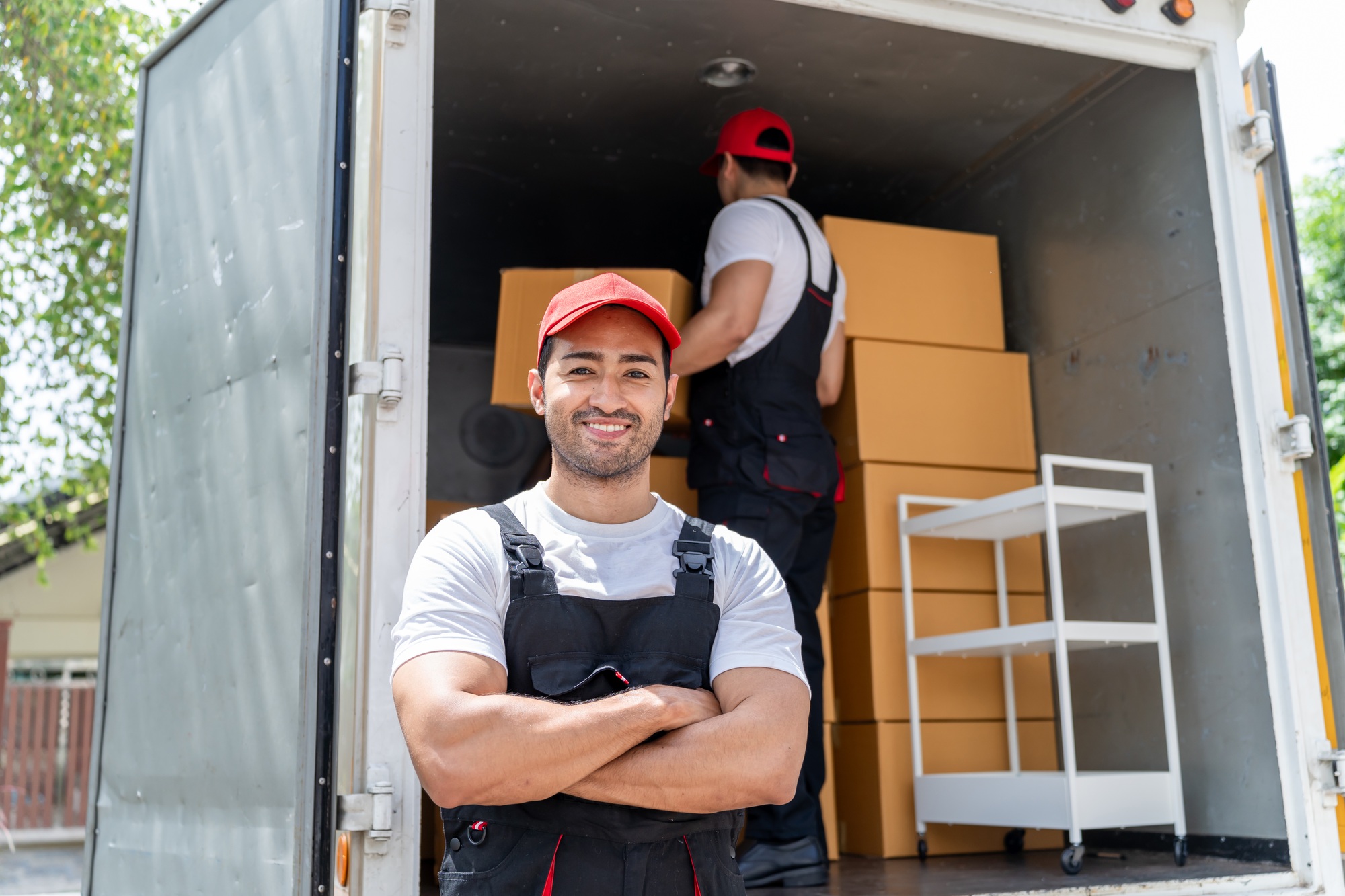Key Takeaways

- Essential Role: Package handlers are crucial for the logistics and shipping industry, ensuring efficient sorting, loading, and delivery of packages.
- Key Responsibilities: Their main tasks include unloading trucks, scanning packages, and organizing items, all while adhering to strict safety protocols.
- Skills Required: Strong physical abilities, attention to detail, and effective time management are essential skills for success as a package handler.
- Work Environment: The role is typically fast-paced, often requiring work in warehouses or distribution centers, with varying hours based on demand.
- Career Advancement: Starting as a package handler can lead to advanced opportunities in logistics management and warehouse supervision.
If you’re considering a career as a package handler, you’re stepping into a vital role in the logistics and shipping industry. Package handlers are the backbone of operations, ensuring that packages are sorted, loaded, and delivered efficiently. This job not only demands physical stamina but also attention to detail and a commitment to safety.
Understanding the package handler job description is essential for anyone looking to thrive in this fast-paced environment. From lifting heavy items to operating machinery, the responsibilities can be diverse. In this article, you’ll discover what it takes to succeed as a package handler and how this role can be a stepping stone to other opportunities in the supply chain.
Overview Of Package Handler Role

Package handlers play a vital role in logistics and shipping operations, especially for small businesses. These employees ensure efficient sorting, loading, and delivery of packages. Physical stamina and the ability to lift heavy items are crucial for this job. Attention to detail is necessary to minimize errors, improving overall efficiency.
Package handlers’ responsibilities include unloading trucks, scanning packages, and organizing items for distribution. Safety protocols must be strictly followed to maintain a safe workplace. For small business owners, investing in well-trained package handlers can streamline operations and improve customer satisfaction.
This position often acts as a starting point for employees seeking to advance within the supply chain. As package handlers gain experience, they can explore opportunities in logistics management or warehouse supervision, benefiting both the individual and the organization.
Key Responsibilities Of A Package Handler

Package handlers play a crucial role in maintaining the efficiency of your logistics operations in a small business. Their responsibilities ensure timely and accurate deliveries that are essential for customer satisfaction.
Sorting And Organizing Packages
Sorting and organizing packages forms the foundation of a package handler’s job. You rely on package handlers to scan, read, and label each item for proper grouping based on its destination. Attention to detail prevents errors, and often, package handlers double-check their work to enhance accuracy. This precision directly impacts your business’s ability to fulfill orders correctly and maintain customer trust.
Loading And Unloading Trucks
Loading and unloading trucks is another significant responsibility of package handlers. They handle packages from delivery trucks and conveyor belts efficiently. The use of hand tools and mechanical equipment, such as pallet jacks and forklifts, facilitates the smooth movement of goods. By ensuring that packages are loaded correctly and safely, package handlers help you streamline your operations and keep deliveries on schedule.
Maintaining Equipment And Safety Protocols
Maintaining equipment and adhering to safety protocols are vital for package handlers. You benefit from having handlers who adhere to strict safety guidelines, minimizing the risk of accidents in the workplace. Proper equipment maintenance ensures that tools remain operational and safe to use. This commitment to safety not only protects your employees but also reinforces your business’s reputation for quality and reliability.
Skills Required For Package Handlers

Package handlers must possess a specific set of skills to meet the demands of their role. Understanding these skills helps you identify the right candidates for your small business.
Physical Abilities
Package handlers require strong physical abilities. Workers should lift heavy objects, often weighing up to 50 pounds, and perform tasks that involve bending, standing for long periods, and moving quickly. Agility and stamina are essential to handle the physical demands of loading and unloading packages efficiently, ensuring timely deliveries.
Attention To Detail
Attention to detail is critical for package handlers. Employees must accurately scan, read, and label packages to prevent mistakes that could disrupt the logistics process. Being meticulous in sorting parcels based on destination and priority minimizes errors, enhancing customer satisfaction and maintaining the trust of your small business clientele.
Time Management
Effective time management skills are vital for package handlers. Workers must prioritize tasks to meet tight deadlines during busy shifts. By organizing their workload efficiently, package handlers contribute significantly to the overall efficiency of operations. This focus on time management ultimately supports the operational success of your small business.
Work Environment And Conditions

Package handlers operate in fast-paced settings, often within warehouses or distribution centers. Your role demands efficiency amidst physical challenges, emphasizing the need for safety and organization.
Typical Work Hours
Package handler work hours vary, influenced by peaks in demand, particularly during busy seasons. Full-time employees often work 40 hours weekly, while part-time shifts can range from 20 to 30 hours. Weekends and evenings may require additional staffing to meet customer needs, affecting your scheduling flexibility.
Safety Considerations
Safety remains a primary concern in this dynamic environment. As a small business owner or HR employee, implementing strict safety protocols is vital. Employees face physical hazards, from cuts and abrasions to risks associated with equipment like forklifts and conveyor belts. Regular safety training and maintaining a clean workplace reduce the likelihood of accidents and promote a culture of safety among your staff.
Conclusion

A package handler plays a crucial role in the logistics and shipping industry. By ensuring packages are sorted loaded and delivered efficiently you directly contribute to customer satisfaction and operational success. The physical demands of the job require strength and stamina while attention to detail helps prevent costly errors.
As you navigate the fast-paced work environment you’ll develop valuable skills that can pave the way for future career advancements. Embracing safety protocols not only protects you but also fosters a culture of responsibility within the workplace. This position offers a solid foundation for those looking to grow within the supply chain industry.
Frequently Asked Questions

What are the primary responsibilities of package handlers?
Package handlers are responsible for unloading trucks, scanning and organizing packages, and ensuring items are accurately categorized for delivery. They handle physical tasks that require attention to detail to minimize errors and enhance overall efficiency in the logistics process.
What skills are essential for package handlers?
Essential skills for package handlers include strong physical ability to lift heavy items, attention to detail for accurate package handling, and effective time management to prioritize tasks and meet deadlines. These skills help ensure a smooth and efficient workflow in logistics operations.
What is the typical work environment for package handlers?
Package handlers usually work in fast-paced settings such as warehouses or distribution centers. The environment can be physically demanding, requiring the ability to stay organized and efficient while managing the challenges of heavy lifting and keeping up with delivery schedules.
How many hours do package handlers typically work?
Full-time package handlers usually work around 40 hours a week, while part-time shifts typically range from 20 to 30 hours. Flexibility is often required, as hours may include weekends and evenings to meet demand in logistics operations.
Why is safety important for package handlers?
Safety is crucial for package handlers because of the physical hazards involved, such as cuts and risks associated with equipment. Strict adherence to safety protocols, regular training, and maintaining a clean workplace are essential to minimize accidents and ensure a safe working environment.
Can being a package handler lead to career advancement?
Yes, starting as a package handler can serve as a foundation for further career opportunities within the supply chain. Workers may advance into roles like logistics management or warehouse supervision, ultimately benefiting their career and the organization.
Image Via Envato: DragonImages, poungsaed_eco, DC_Studio, s_kawee, nunezimage, ckstockphoto, svitlanah



